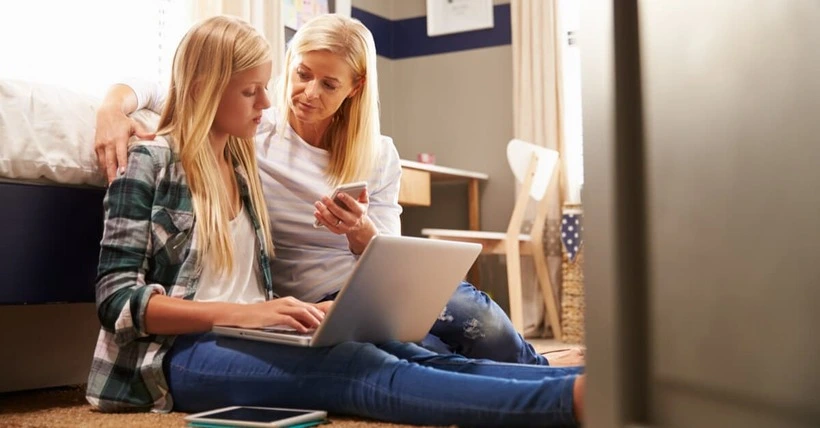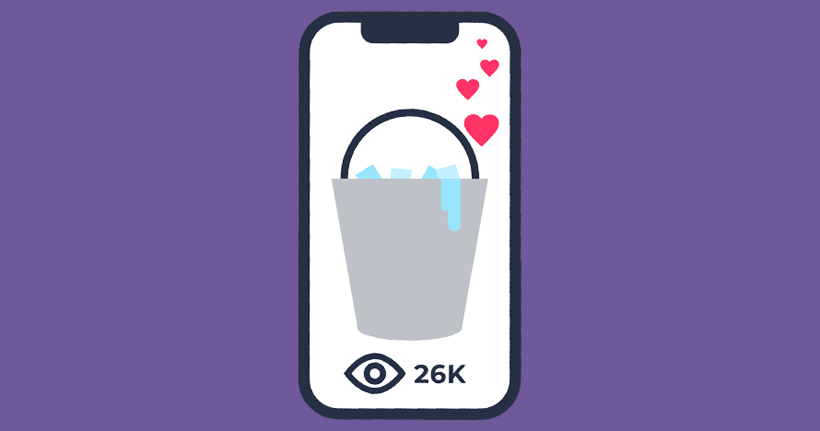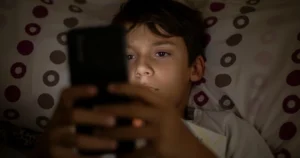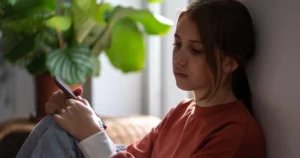Inappropriate content facts & advice hub
Learn about inappropriate content to help keep kids safe online. Choose a guide below to learn about and tackle harm from inappropriate content.
What’s inside the hub
 Close video
Close video
What is inappropriate content?
Learn about the types of inappropriate content your child might see online.
 Close video
Close video
Prevent exposure to inappropriate content
Advice on using tech tools to block and filter inappropriate content.
 Close video
Close video
Dealing with inappropriate content
Explore our guide on how to deal with inappropriate content.


Block adult content
Activate parental controls on devices, apps and platforms, to give them safer online experiences.

Online challenges guide
Learn about dangerous online challenges and find tools to help keep children safe.
Featured inappropriate content articles
 Q&A
Q&A
Should children watch Netflix’s ‘Adolescence’ in school?
Experts share potential issues with showing the Netflix series 'Adolescence' in schools.
 Q&A
Q&A
What can parents learn from the ‘Adolescence’ series on Netflix?
Experts share tips to help parents navigate discussions about 'Adolescence' on Netflix.
 Research
Research
Age assurance and online safety: What parents and children have to say
Ahead of the publication of Ofcom’s Children’s Safety Codes, our recent tracker survey asks children and parents what they think about age assurance.
 Research
Research
Preventing ‘self-generated’ child sexual abuse
This report explores effective methods to prevent the sharing of 'self-generated' child sexual abuse material among pre-teens.
 News & blogs
News & blogs
What is undress AI? Guidance for parents and carers
Artificial intelligence continues to increase in ability and technology. Undress AI is one example that could leave young people open to harm.

